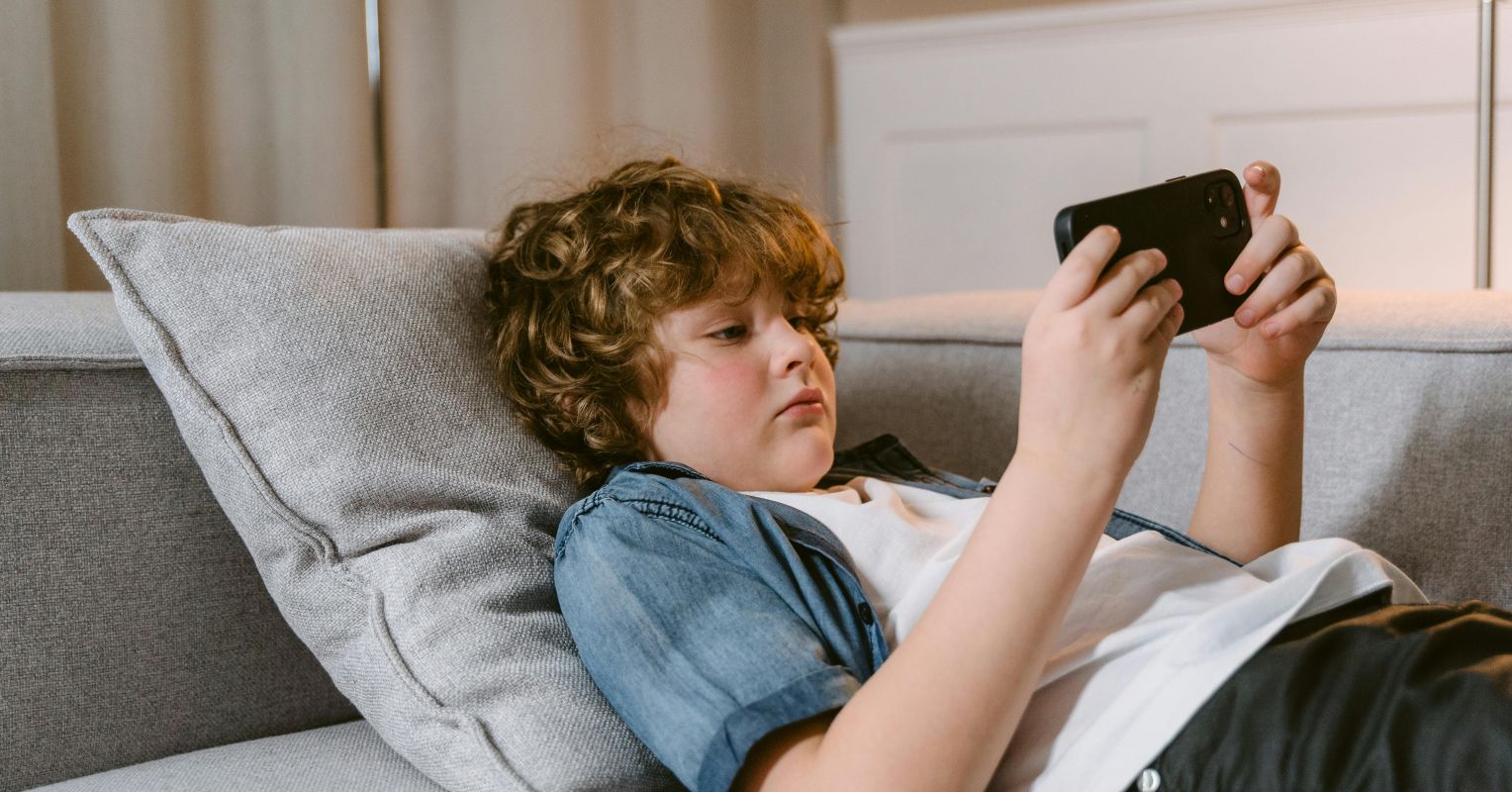
"Children who use social media have developed remarkably sophisticated strategies for managing violent content. They scroll past quickly. They share warnings in group chats. They create code words for particularly disturbing material. They teach each other techniques for "just not looking." To an outside observer, these strategies might look like digital literacy, maybe even resilience. Children are learning to navigate a complex online environment. They're developing their own coping mechanisms and adapting to the reality of the internet."
"When Adaptation Means Acceptance Psychologist Martin Seligman observed a phenomenon he called learned helplessness. When subjects were repeatedly exposed to negative stimuli they couldn't escape, they eventually stopped trying to escape, even when escape became possible. They had learned that their actions didn't matter. The repeated exposure to inescapable harm led to the belief that escape was impossible, which produced passive acceptance."
"But according to research on learned helplessness, these adaptations tell a different story. Maybe they're not evidence that children are handling the situation well, but evidence of how children have learned that the situation cannot be changed. But what we're seeing in children's responses to algorithmic curation is similar. However, these children aren't merely passive. They're actively problem-solving. They've developed workarounds like group chat warning systems, scrolling techniques, and performance of amusement to avoid soci"
Facebook Files prove platforms knew they were causing harm yet remained designed for engagement. Children's distress signals become training data, violating purpose limitation without meaningful consent. Children have developed coping tactics: scrolling quickly, sharing warnings in group chats, creating code words, and teaching techniques for "just not looking." These tactics can appear as digital literacy or resilience. Research on learned helplessness suggests these adaptations may indicate learned acceptance that the situation cannot be changed. Children are actively problem-solving but may have internalized algorithmic control as unalterable.
Read at Psychology Today
Unable to calculate read time
Collection
[
|
...
]